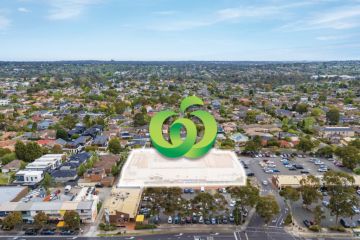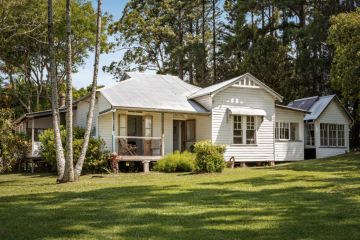Is a fixed, variable or split home loan best for you?

Right now about 37 per cent of Aussie home owners have a mortgage. Most of that debt is owned by millennials and, as a licensed financial adviser, the question I often get asked is this: Which is better, a fixed or variable interest rate mortgage?
The answer, of course, is that it depends. Here are some of the things you should consider before you decide which to go for.
Fixed rates
There is one word that comes to mind for fixed-rate mortgages: certainty.
As the rates are fixed, you know exactly what you are going to pay for a fixed term. It will shield you from any rate rises that occur, but similarly, it will prevent you from getting a lower rate should interest rates decrease. Typically, I see first-home buyers like this option if they don’t have much spare change to buffer them from potential increases.
While it does give you peace of mind that your mortgage isn’t going to have a massive jump in repayments, it often has fewer features and more restrictions. Most fixed-rate loans don’t have an offset feature (which is basically a bank account – any money in there directly reduces the interest payable on your loan) or the ability to make additional repayments (some allow up to a certain amount per year).
If you know you have the ability to pay off more, or want your savings to reduce your interest payment, you need to read the fine print to make sure it’s going to match your needs.
Variable rates
Variable-rate mortgages do just that – vary, according to the changing interest-rate environment. While that has meant steep price increases due to the recent RBA hikes (thanks, current high inflation environment!), it also means your interest rate would reduce if the cash rate went down. People often consider where the current economy is and if economists think the cash rate is going to go up or down, and factor that into which option they choose.
They also generally have more flexibility and available features – such as redraws and offset accounts. Given these can save you thousands of dollars in interest, and mean you could be mortgage-free faster, they should definitely be a consideration if you have additional cashflow month to month or get large bonuses or commissions.
But, if you are thinking about getting a variable interest rate loan, make sure you can withstand any interest rate increases. You don’t want to be put under so much financial pressure that you end up having to panic-sell a property because you can’t afford the new repayments.
Split rates
Splitting your loan between fixed and variable can be a good middle ground for people who want certainty for a portion of the loan but want the flexibility of additional repayments or offsets. Speak to a mortgage broker to help you figure out what is best for you.
For first-time buyers, the big focus is normally trying to get enough cash for a deposit, but given we have had so many interest rate increases in the past 12 months, it’s vital to make sure that, once you get a property, you pick a mortgage product that is going to work best for you.
Jessica Brady is a licensed financial adviser and runs affordable online money programs for people who want to learn how to be financially free.
We recommend
We thought you might like
States
Capital Cities
Capital Cities - Rentals
Popular Areas
Allhomes
More
- © 2025, CoStar Group Inc.










